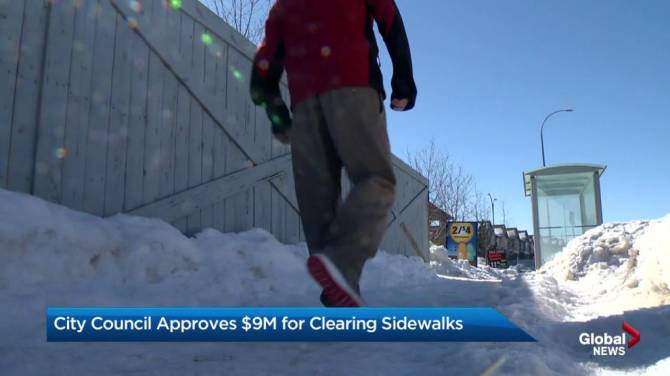
Imagine you are walking along a public sidewalk next to someone’s home and you happen to slip and fall on the ice and injure yourself. Who can you sue as a result of this slip and fall?
In our Canadian Winters, it is very common that snow falls, melts, then refreezes into a skating rink. This means that sidewalks can become icy hazards. Each year, many people slip and fall in these conditions and many get hurt. Sometimes the injuries can be very serious, such as broken ankles, concussions or back injuries, to name a few.
If you have been hurt in a slip and fall on a public sidewalk, you may have the right to seek monetary compensation from the town/city or even the owner of the adjacent property.
Suing the Town/City
The first thing to realize is that there is a clock ticking. You only have 21 days to notify the city of the fall and your injuries. If you do not notify them within those 21 days, you may lose your right to sue. There are some exceptions to this rule and you can talk to a lawyer about whether one of these exceptions applies. Otherwise, you will not be successful in making a claim against the city.
The city is ultimately responsible for clearing public sidewalks. In many Canadian towns and cities, the local governments make their own residents help clear the snow. Cities do this by enacting bylaws. The bylaws require residents to clear the sidewalks next to their properties of snow and ice. If the resident doesn’t clear the snow and ice from the sidewalk, they will have to pay a fine. If the resident still doesn’t clear the snow and ice, the city may have to clear the sidewalk themselves. If that happens, the city will bill the resident for the expense of clearing the sidewalk.
Suing the town or city is not easy though. You have to prove the city was “grossly negligent” for failing to maintain a public sidewalk. That means you must prove the city is guilty of a marked departure from the standard expected of a reasonable and competent person. For example, even if snow and ice had piled up for some time, there might not be gross negligence if the city wasn’t aware of the hazard or didn’t have time to react to it.
Suing The Home Owner
Generally speaking, you will not have a claim against the owner of the adjacent property even if there is a bylaw requiring them to shovel the adjacent sidewalk. The homeowner might get fined if they fail to clear the ice and snow. They might even receive a bill for the cost of clearing the sidewalk if they still don’t do it and the city has to arrange clearing. The bylaw probably doesn’t create the right to sue the homeowner however.
A homeowner has a duty to ensure that his or her own property is maintained in a reasonable condition so that persons entering the property are not injured. If the homeowner complies with this duty, he or she should be free from liability for injuries arising from failure to maintain city owned streets and sidewalks. The snow and ice accumulating on public sidewalks in front of the house are the legal responsibility of the municipality, not the adjacent property owner.
There are a couple of important exceptions to this general rule, that you have no claim against the homeowner. First, a homeowner may be responsible if the owner assumes control of the sidewalk. The second exception is the homeowner must ensure that conditions or activities on his or her property do not flow off the property and cause injury to persons nearby. For example, if the owner was purposely draining snow run-off onto the sidewalk, creating an icy hazard, there might be a valid claim.
Other Cases
In any case where someone has gained some control or occupancy over the public sidewalk and the condition of the public sidewalk, they may become liable. Perhaps it is a store or business which exercises some degree of control over the adjacent public sidewalk. In any event, speaking to a lawyer can help you determine whether you have a valid claim and who you might be able to make the claim against.
The experienced personal injury lawyers at Moustarah & Company can AND will assess your situation to see if you do have a claim. Our personal injury lawyers will also guide you through the claims process and ensure you are fairly compensated for your all of your injuries if it does turn out that you do have a claim.
Please note: The information provided on this website does not constitute medical or legal advice and should not be construed as such. The lawyers and staff and Moustarah & Company are not trained medical professionals and do not hold themselves out to be such. If you are suffering from an injury, whether TMD or otherwise, please contact your doctor or medical care provider.
The information provided on this website does not constitute legal advice and should not be construed as such. Moustarah & Company does not guarantee that this information is accurate or up to date. As a result, should you require legal advice, please contact a lawyer.

